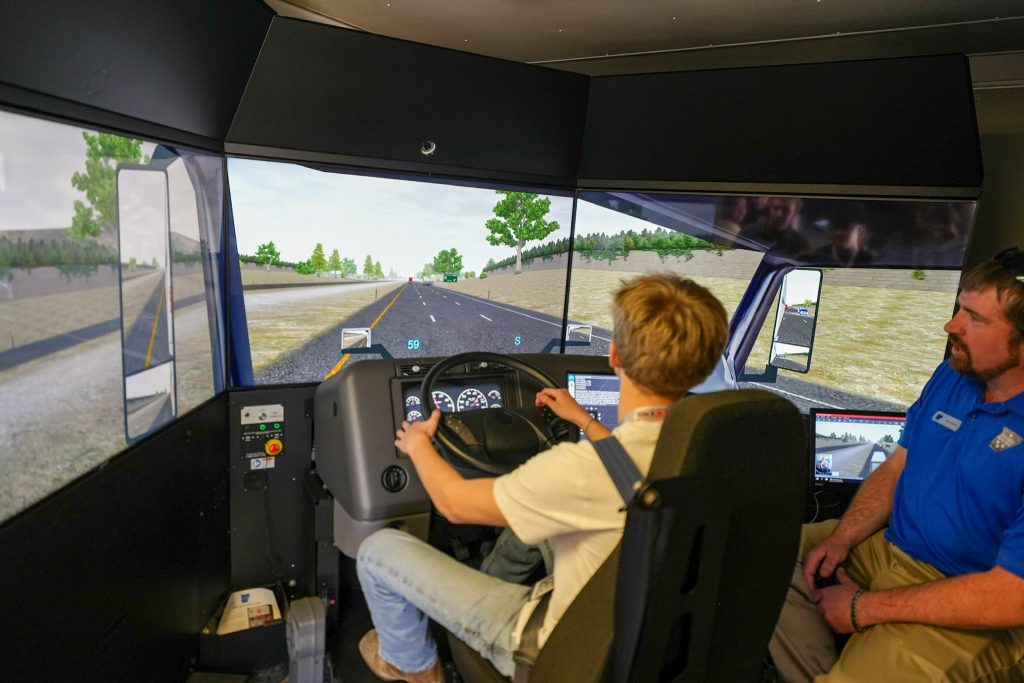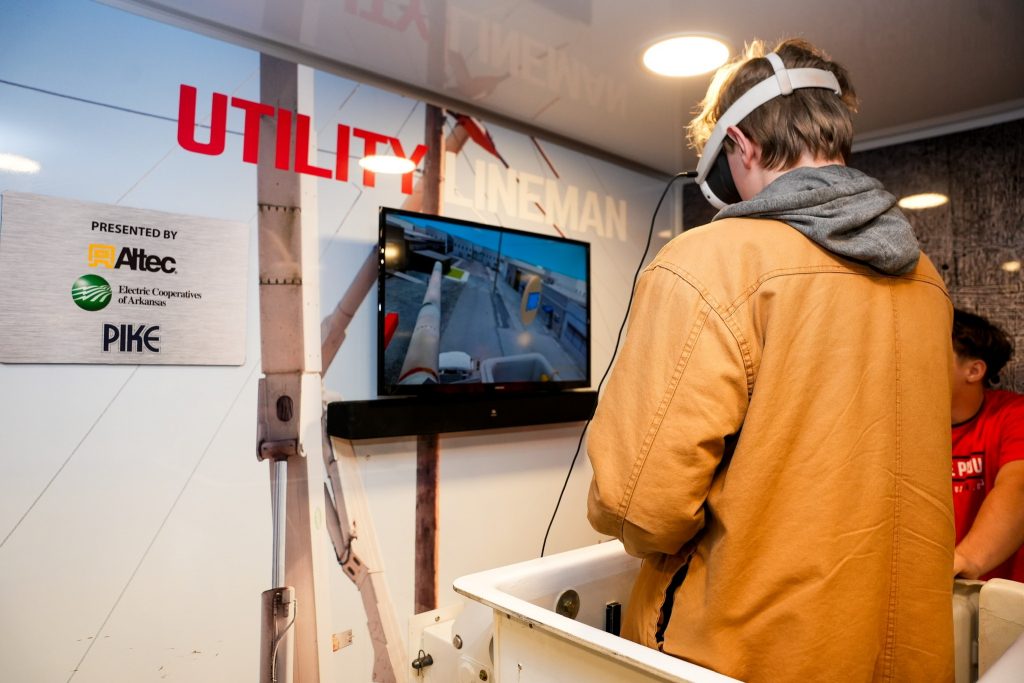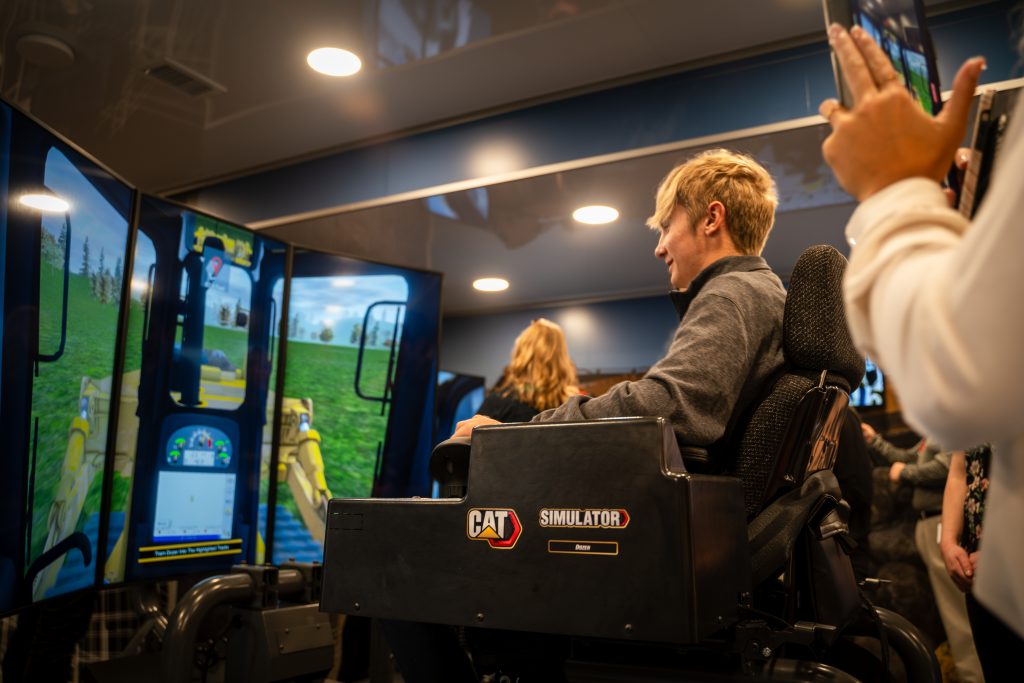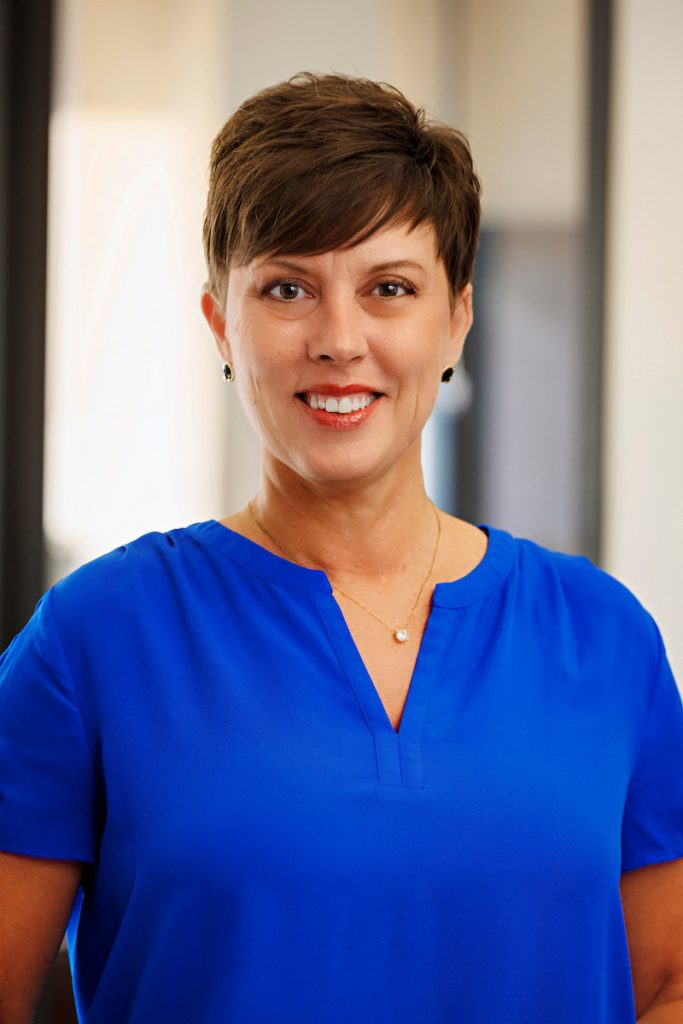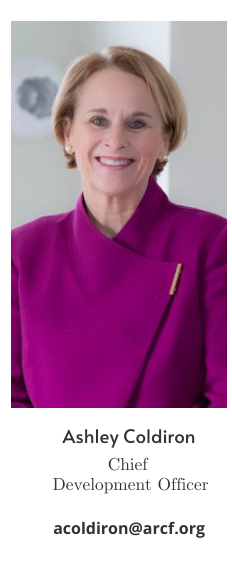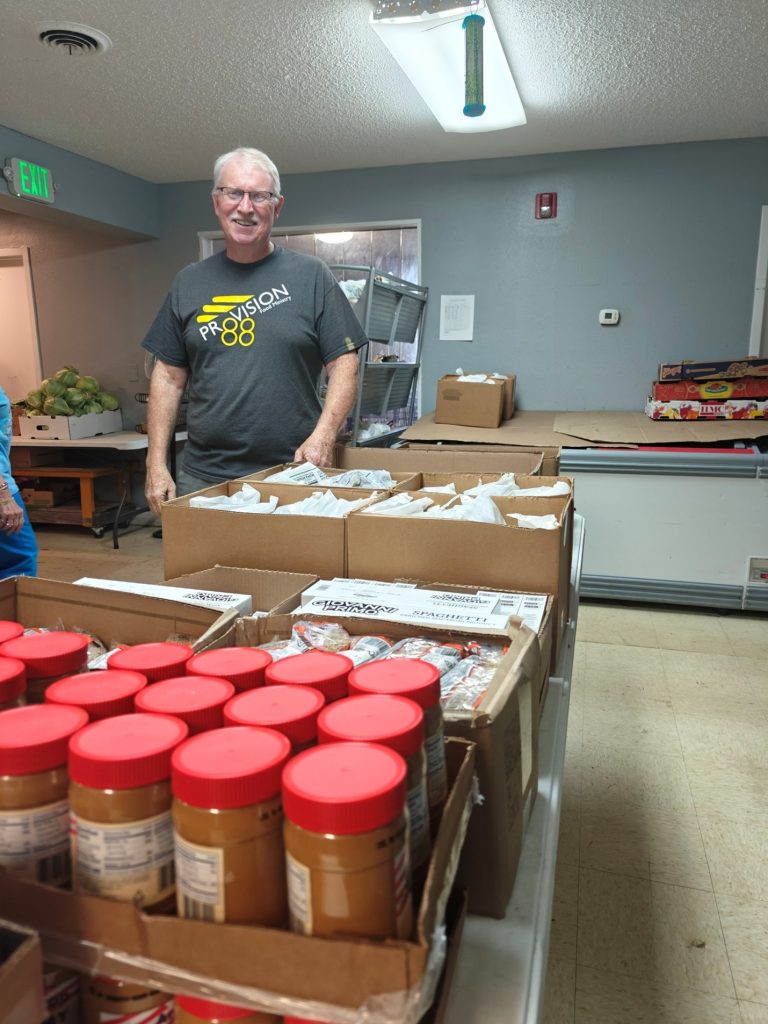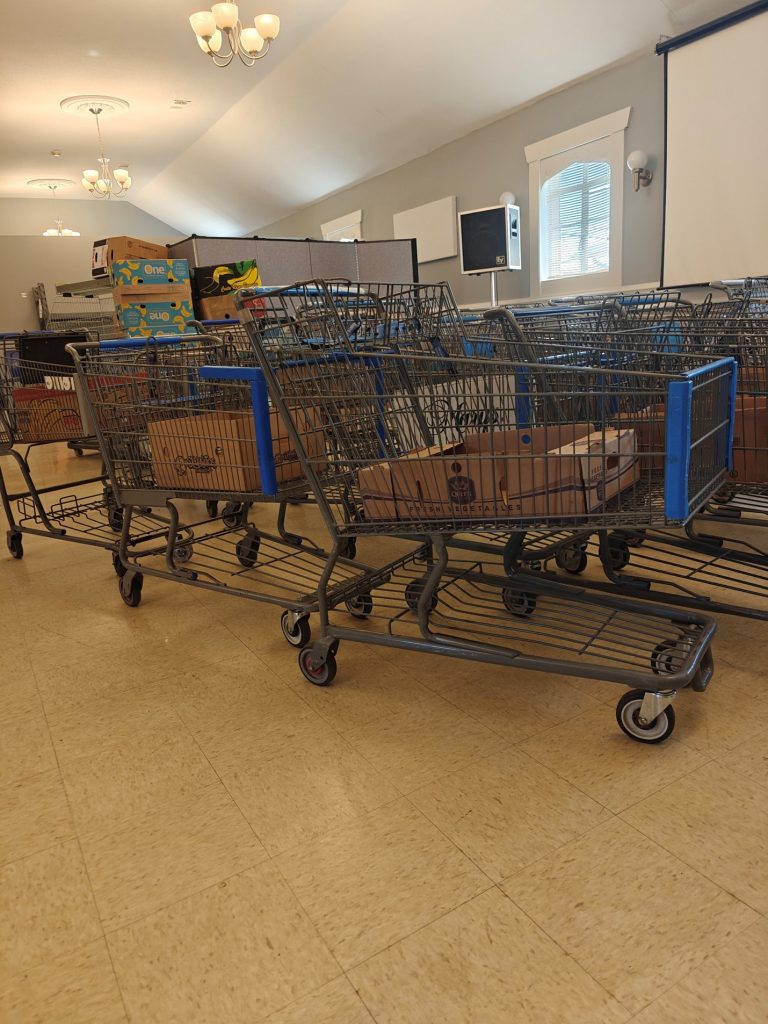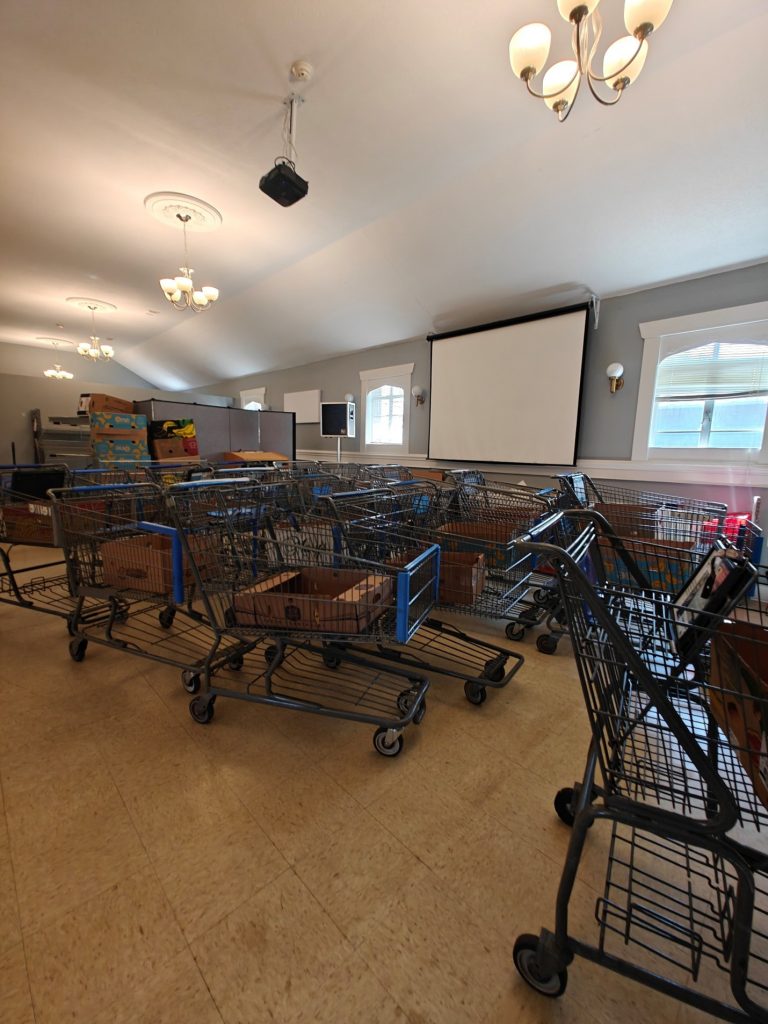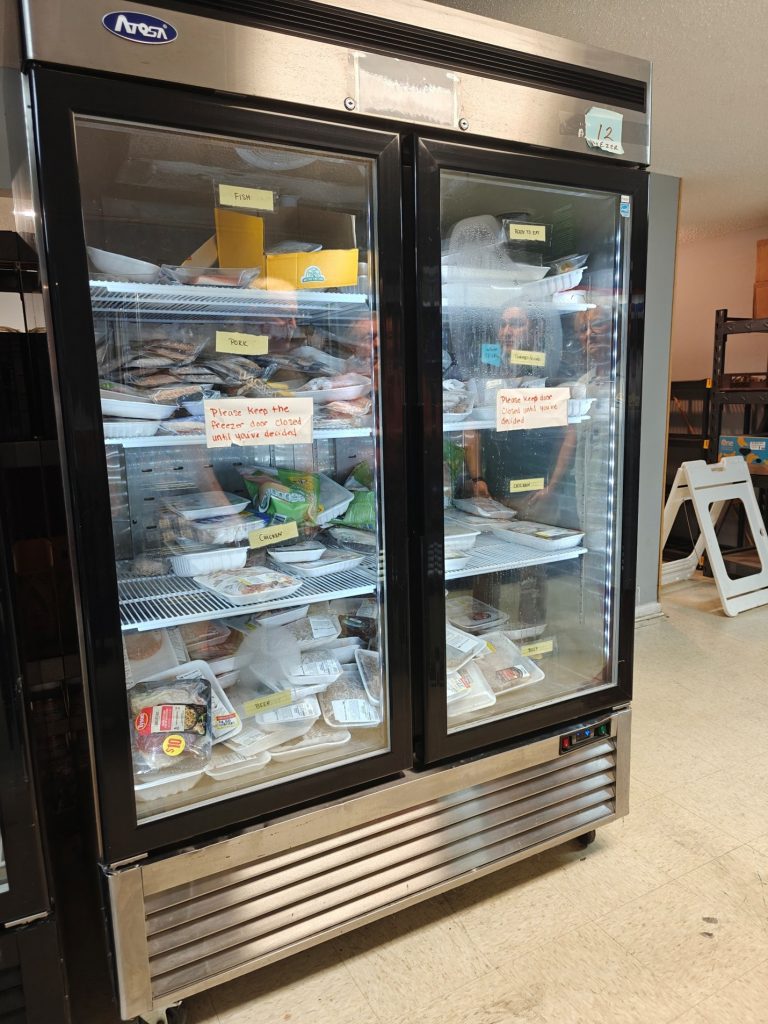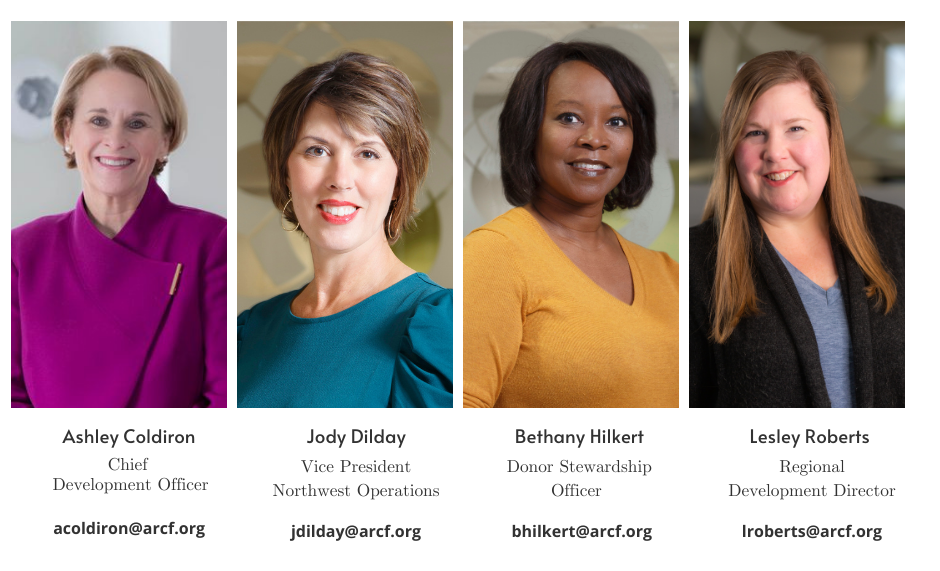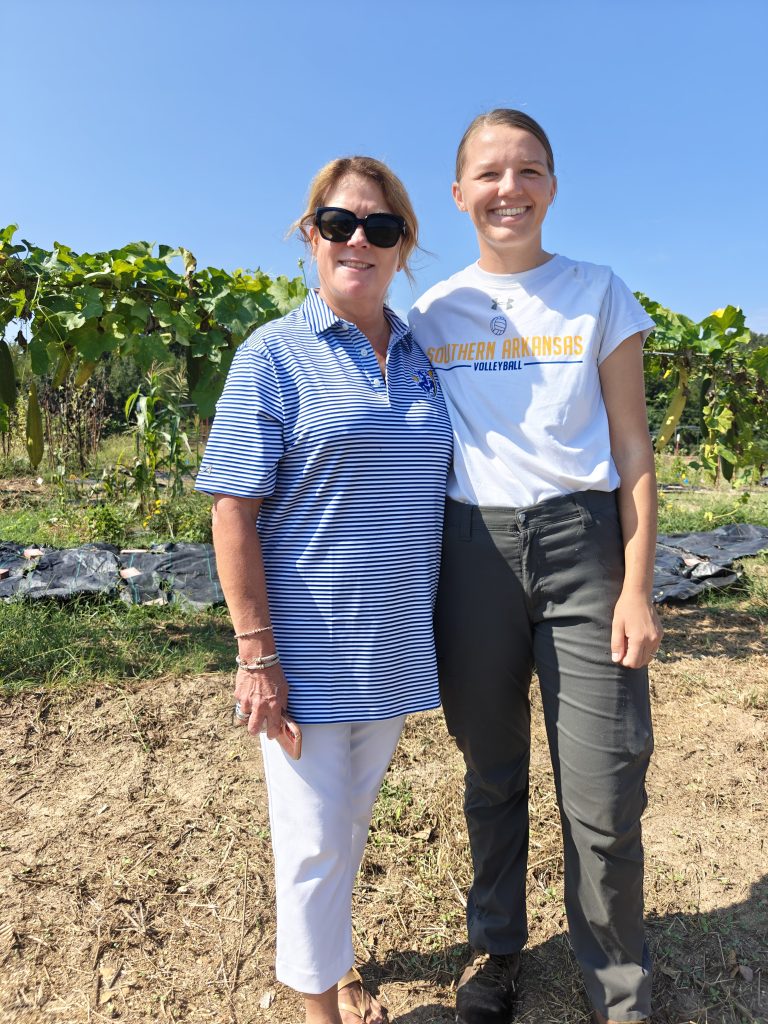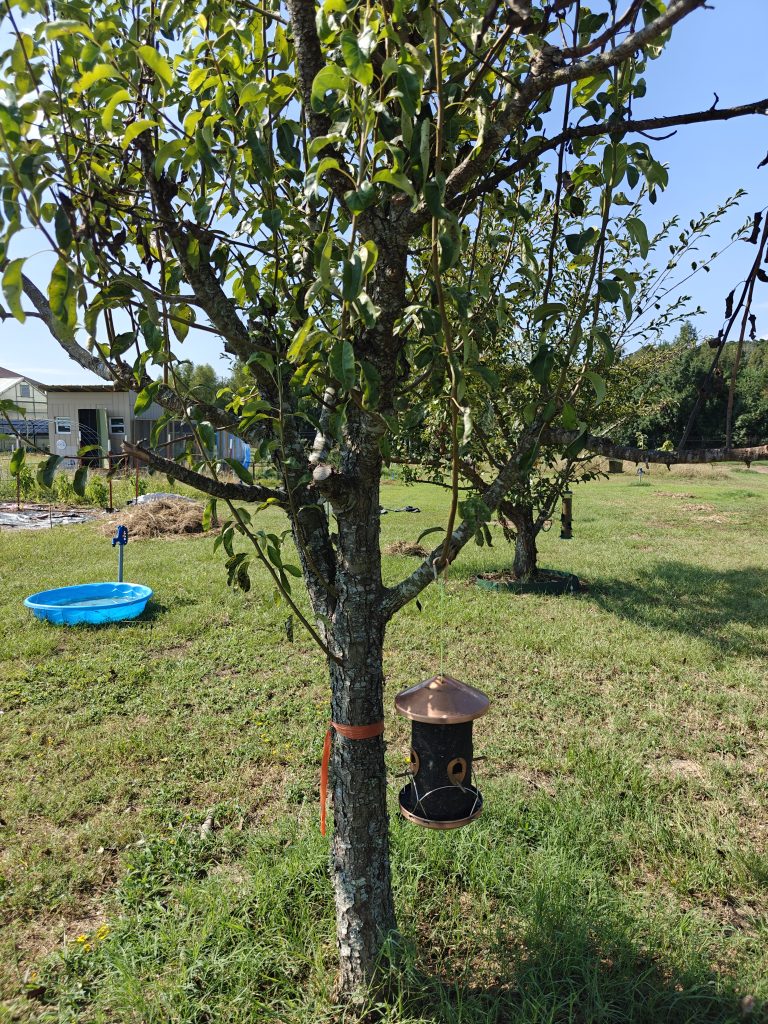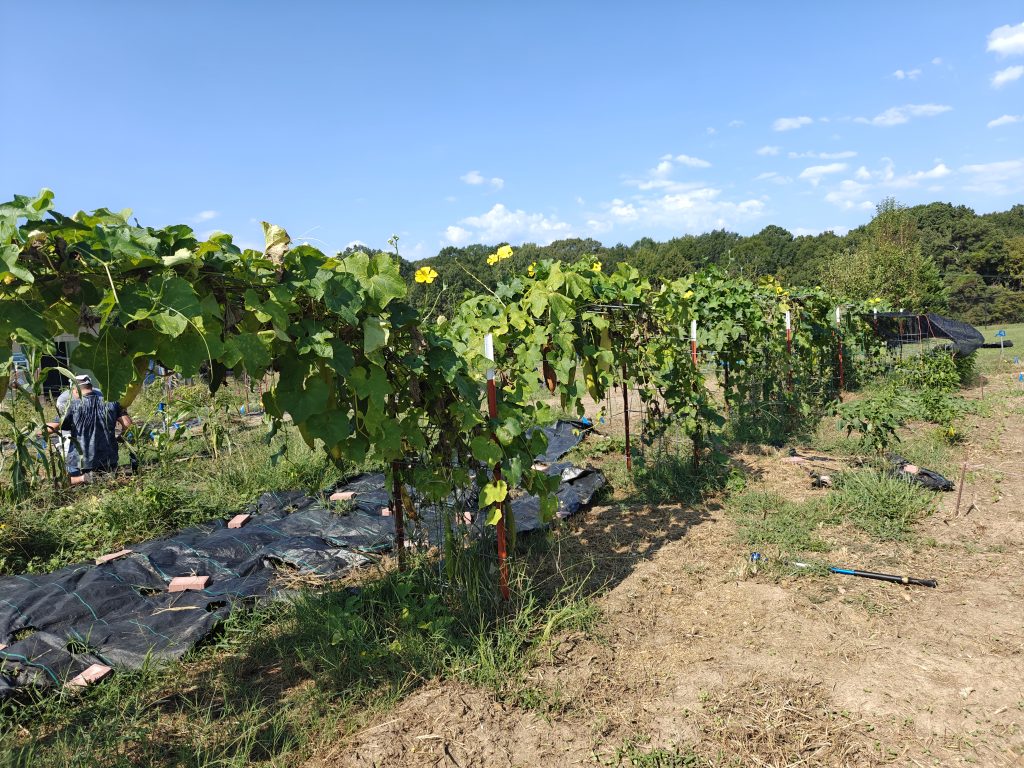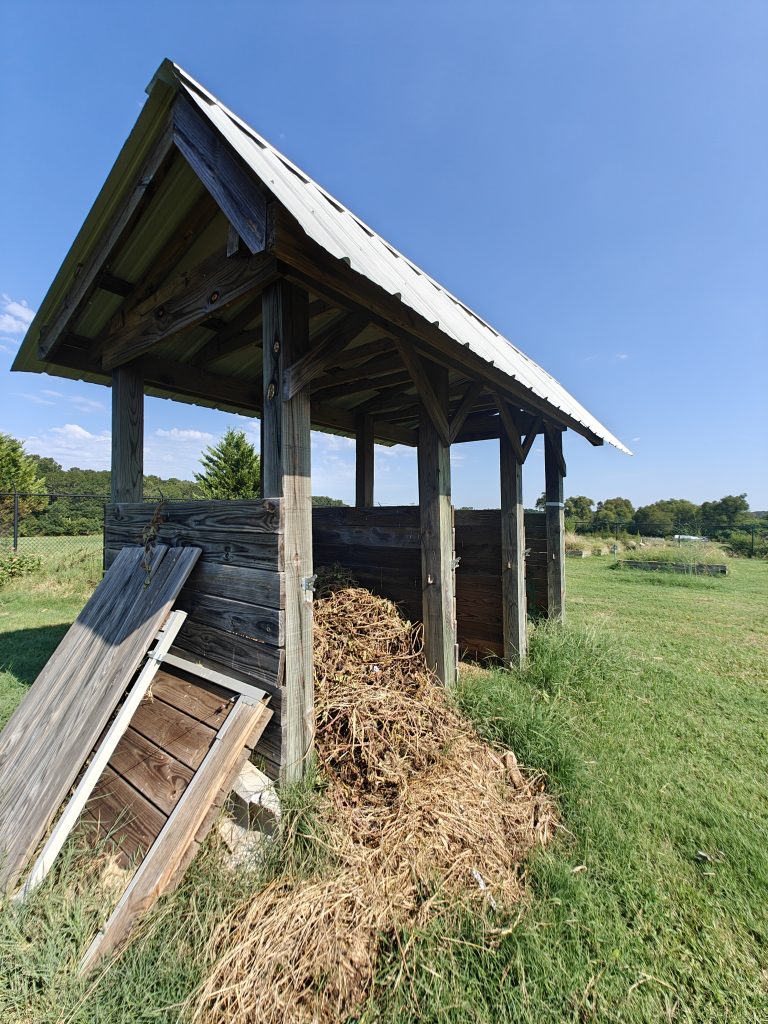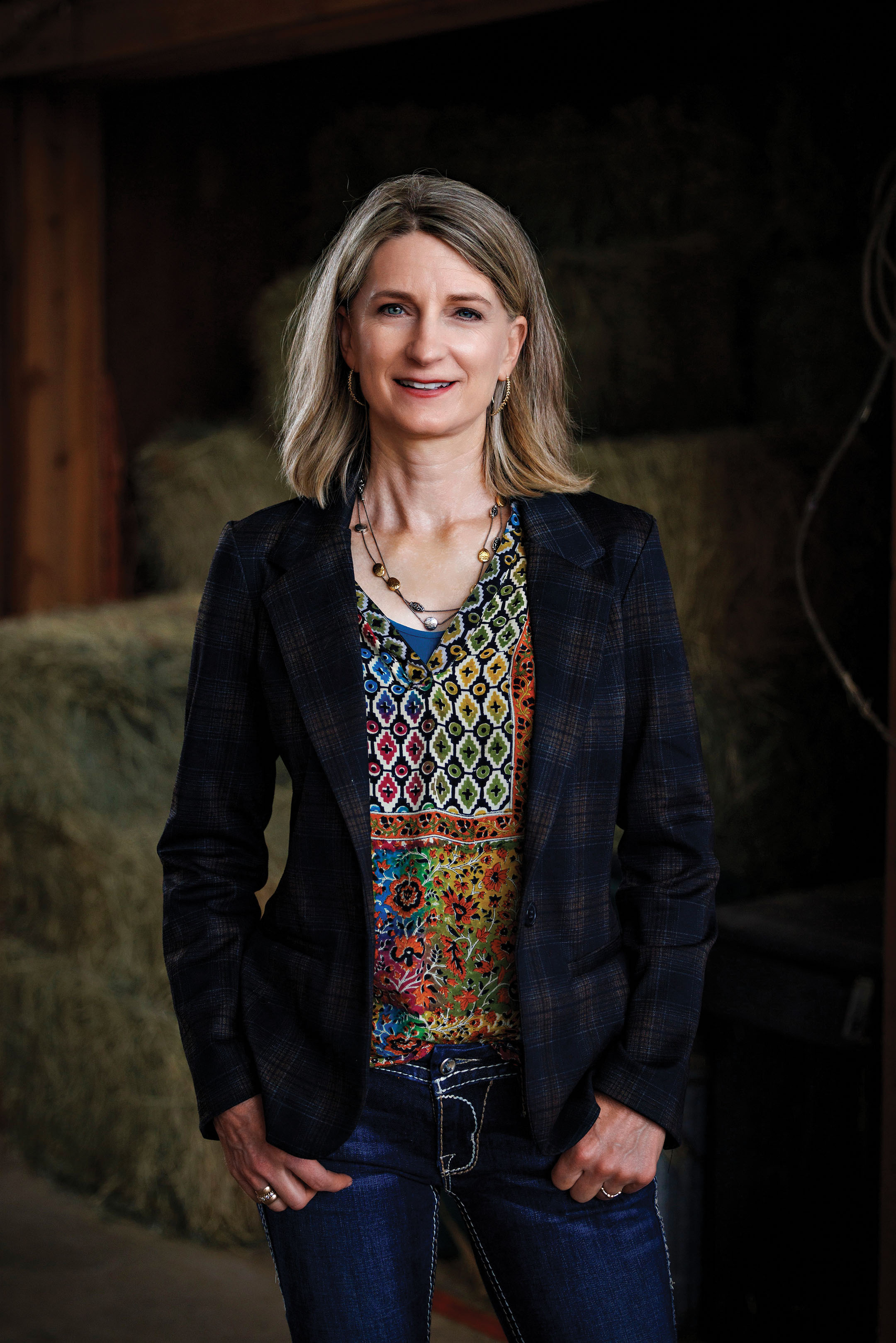by Andrew Parker, Executive Director at Be Pro Be Proud Arkansas
Be Pro Be Proud Arkansas is a statewide workforce initiative designed to change perceptions of technical professions and connect students with high-demand, high-wage career opportunities.
Founded in 2016 by the Arkansas State Chamber of Commerce and the Associated Industries of Arkansas, the program addresses one of the most pressing challenges facing the state: a shortage of skilled professionals in industries critical to economic growth.
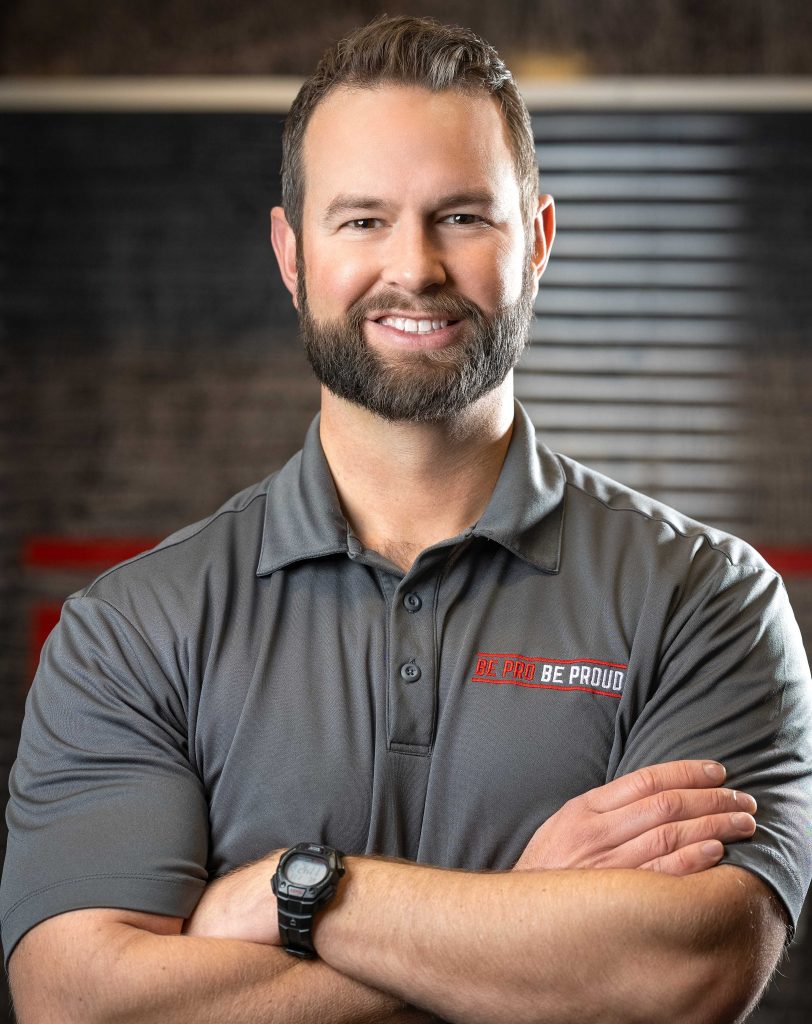
From construction and manufacturing to transportation and utilities, technical professions are the backbone of Arkansas’ economy. Many students are unaware of the stability, competitive pay, and advancement opportunities these careers provide. For years, cultural emphasis has leaned heavily toward four-year college degrees, leaving trade-based pathways undervalued and underexplored. Be Pro Be Proud Arkansas was launched to help reverse this trend by bringing awareness, resources, and interactive experiences directly to students.
A Mobile Workshop on Wheels The most visible part of Be Pro Be Proud Arkansas is its innovative Mobile Workshop, an interactive, high-tech trailer that travels to schools, community events and career fairs across the state. The workshop functions like a mobile career exploration lab, packed with virtual reality simulators and interactive exhibits that give students a feel for what it’s like to operate heavy machinery and robots, weld, work as a lineman, drive a commercial truck, electrify a football field, fix a sprung leak and many more.
For many students, these simulators are the first exposure to careers they may not have considered. The mobile unit allows participants to “test drive” professions in a safe, engaging environment, while learning about salary ranges, required certifications, and pathways to employment. By demystifying technical professions and showing the skill-based nature of the work, the mobile units capture students’ interest and helps shift outdated perceptions.
Building Awareness and Changing Perceptions
At its core, Be Pro Be Proud Arkansas is not just a recruitment effort; it’s a cultural campaign. The initiative emphasizes that technical professions are not “second choice” careers, but rather viable, rewarding options that provide stability and advancement. The message is clear: professions in manufacturing, construction, transportation, and utilities are essential to Arkansas’ future, and industries need the next generation of talent to thrive. These are careers that AI won’t replace.
Connecting Students with Opportunities
Beyond awareness, Be Pro Be Proud Arkansas is dedicated to connecting students directly with career opportunities. Employers across the state partner with the initiative to help identify talent pipelines, support workforce development, and introduce students to real-world opportunities. The program hosts events, job fairs, and networking opportunities where students can meet industry leaders, learn about apprenticeships, and explore pathways tailored to their skills and interests.
One standout feature is the organization’s Draft Day events, where high school students are paired with employers for interviews, internships, and job placements. Much like an athletic draft, students are celebrated for their talents and are allowed to step directly into the workforce. These events create excitement while reinforcing that technical professions are valuable and honorable career paths.
A Model for Other States
The success of Be Pro Be Proud Arkansas has attracted national attention. Since its founding, the program has expanded to inspire similar efforts in six states. Arkansas’ model serves as the blueprint. It shows how state and industry-supported initiatives can address workforce shortages while also transforming cultural perceptions.
The Impact
The impact of Be Pro Be Proud Arkansas is significant and growing. Each year, thousands of students interact with the mobile workshop and participate in outreach events. Teachers report that the program opens their students’ eyes to possibilities they had not previously considered, while employers see new energy entering their industries.
Arkansas faces an aging workforce. Many skilled workers are approaching retirement age, creating an urgent need for young talent. Be Pro Be Proud is helping close that gap by equipping students with knowledge, confidence and access to pathways that lead to stable, fulfilling careers.


